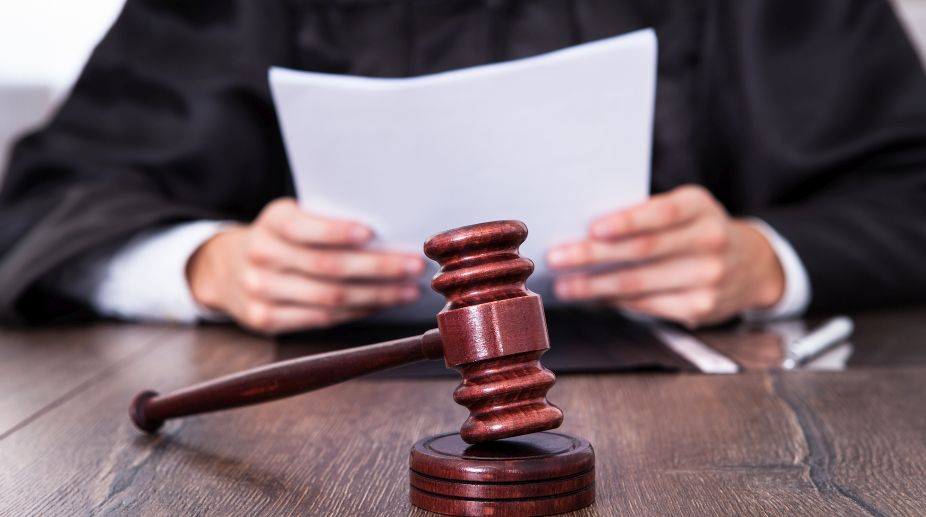An estimated 1581 netas could soon be lining up ~ but not for the privileged treatment to which they deem themselves entitled: instead they will be awaiting disposal of criminal cases against them. Overdue is the government’s decision to set up 12 Special Courts ~ albeit after more than a nudge from the Supreme Court ~ in a bid to break the politician-criminal nexus. Two of the courts will deal with some 228 cases against “honourable” Members of Parliament, some political heavyweights among them, while the 10 others will handle cases against MLAs. And that would only be the proverbial tip of the iceberg, a total of 13,500 cases are reportedly pending against politicians, not all of whom have made it to a legislature. While it must be stressed that nobody is guilty unless convicted, it is presumed that a modicum of “evidence” was placed on record before criminal cases were registered.
The lethargy of the administration to deal with miscreant-politicians is evident from there being no accurate official figures on such cases, the data being relied upon is what has been collated by an NGO that has been monitoring the situation. These pertain only to cases filed after 2014, and given the tardy manner in which lower courts function the overall number could actually be higher; no details are available about the courts in which the cases are pending. Clearly there will be plenty of paperwork ahead before the 12 courts, for which an expenditure of Rs 780 crore has been earmarked, get down to “business”. It is hoped that the cases against MPs and MLAs will be disposed of within a year. Dealing with the other 12,000 odd cases (many more could have been registered more recently) would certainly be a tall order.
Advertisement
The “scheme” the government has submitted to the apex court appears elaborate on paper, how it will be implemented could be another story. Apart from sifting through voluminous material, an effective prosecution system will have to be evolved ~ and prosecution is not a strong point of the “system”. The apex court would do well to set up its own supervisory mechanism, and the special courts will have to be insulated against the chronic delays for which the legal system is notorious. What also needs to be guarded against are cases being “selectively” processed so that no political vendetta is unleashed ~ alas the track-record in such matters is not inspiring.
In terms of principle that effort to de-link politics from criminality is to be applauded, the setting up of fast-track courts welcomed ~ politicians who have been mischievously implicated should also appreciate “early clearance” of false charges against them. Yet it cannot be over-emphasised that only a first step has been taken, political reform will require more than the “strong arm” of the law.
















